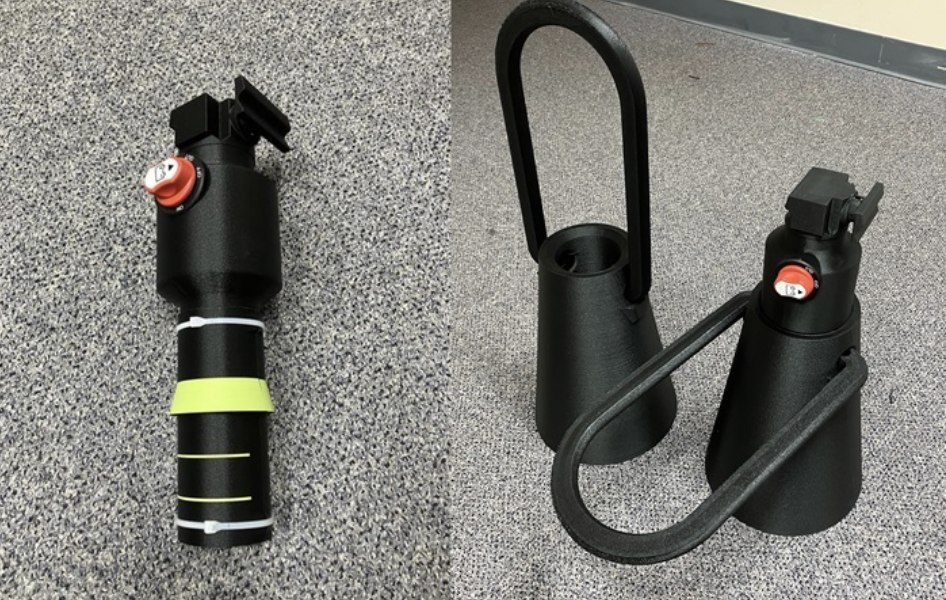The Department of Commerce has given another update in its investigation of the Chinese low-speed personal transportation vehicle (LSPTV) industry’s effect on the U.S. market.
Friday, Commerce announced from D.C. its latest preliminary finding that Chinese LSPTV manufacturers have violated U.S. international trade law by exporting their products to the states at “less than fair value.”
The announcement comes six months after the American Transportation Vehicle Manufacturers Coalition, a partnership that includes Augusta-based Club Car and Textron Specialized Vehicles, petitioned Commerce against Chinese LSPTV makers, alleging that the Chinese government is subsidizing the industry so that it can sell to the U.S. market at far less value.
In response to the coalition’s petition, the Commerce Department launched an inquiry into China’s golf cart exports. Last November, Commerce announced that this probe had yielded a preliminary finding that the Chinese government’s subsidies on its country’s LSPTV exports hurt the U.S. market.
This finding led to Commerce initiating taxes, called countervailing duties, between roughly 22% and 515% on such vehicles imported from China to abate their effect on U.S. manufacturers. The countervailing duties on the Chinese imports are still in place.
With Friday’s finding, Commerce is now poised to implement antidumping duties, taxes imposed on imports to make up for the difference between the price and the normal value of the product.
The Commerce Dept. has calculated that affirmative antidumping duties would range from 127.35% to 478.09%.
“Today’s preliminary finding of unfair and illegal dumping by Chinese producers is another key step in remedying the significant harm these companies have caused the U.S. industry,” said Robert DeFrancesco, attorney for the Coalition. “The level of dumping shown by this determination demonstrates that Chinese producers are not competing fairly in the U.S. market, and Commerce’s imposition of these duties will allow domestic manufacturers to compete on a more level playing field.”
Wiley Rein, the D.C. law firm, of which DeFrancesco is a partner, said in a press release about Commerce’s announcement that the Federal Register will publish the department’s preliminary determination in a week, after which it will charge U.S. Customs and Border Protection to start suspending liquidation and collecting the antidumping duties from Chinese LSPTV exports as cash deposits.
The U.S. Department of Commerce’s final determinations in both its countervailing duty and antidumping duty investigations are expected to be issued in June of this year.
Skyler Andrews is a reporter covering business for The Augusta Press. Reach him at skyler@theaugustapress.com.









